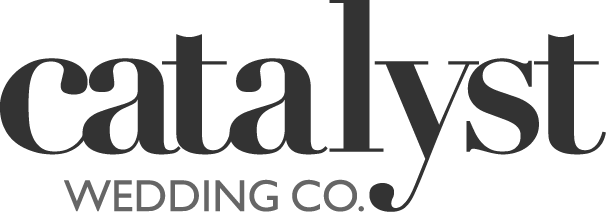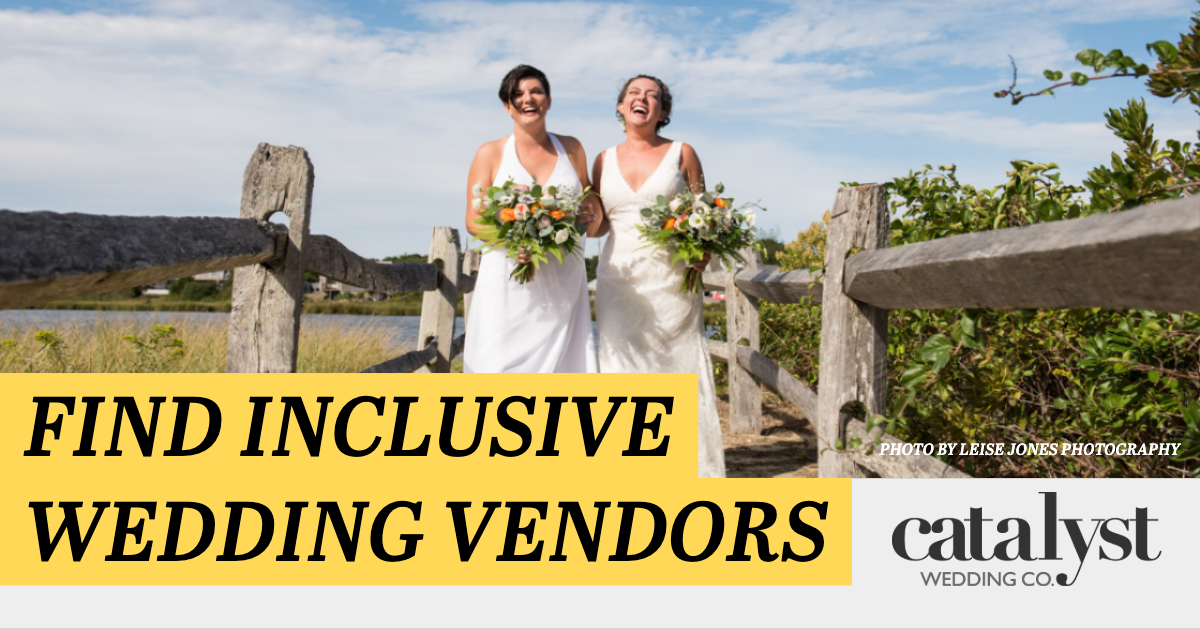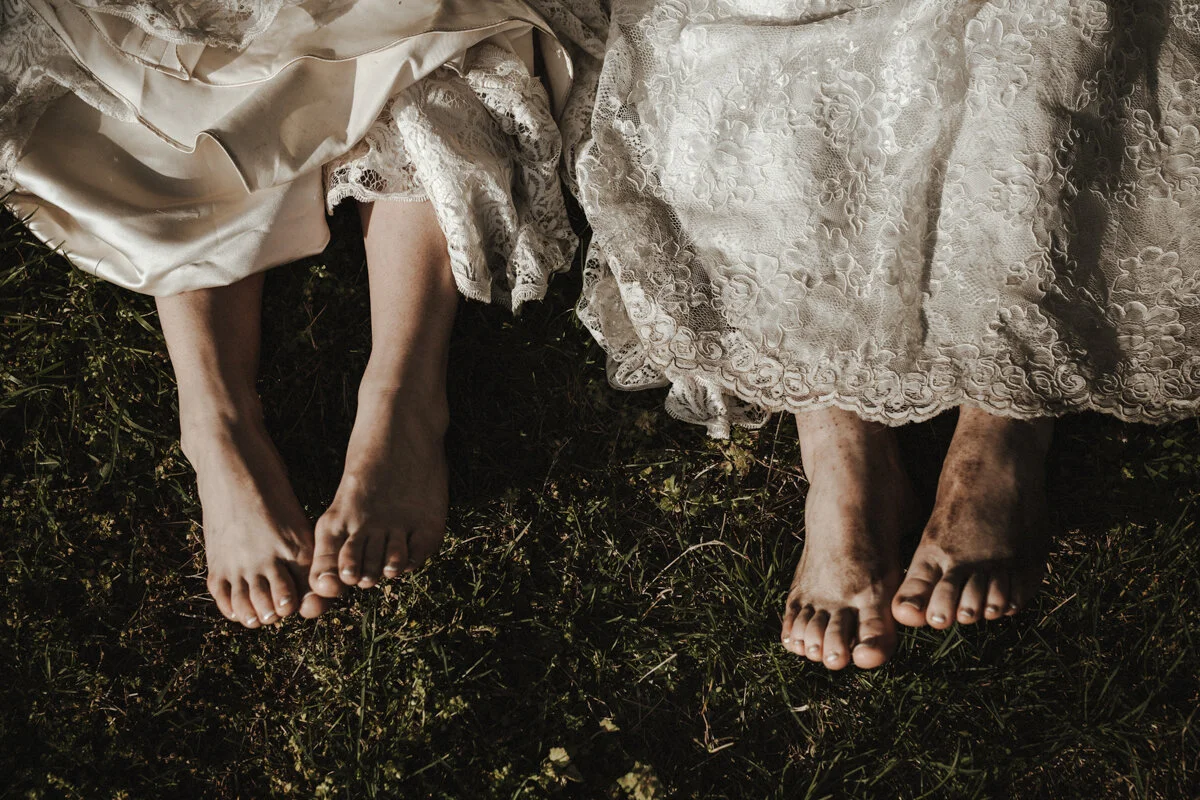Woke Wednesdays // Meet Chelo Keys, New Jersey Photographer
/Chelo Keys is a woke wedding photographer in New Jersey. In this interview with editor Liz Susong, she talks about growing up in New York, bringing her whole self to her creative work, and growing in her social justice values.
Liz: Why, hello! Thank you for doing this!
Chelo: Oh no worries! I'm hopeful that I can be interesting enough! (laughs)
Liz: Oh, you will. Let me know when you are ready for me to ask you prodding questions.
Chelo: Baby is asleep so if you're ready, I am too!
Liz: Can you tell us a bit about your early life? What was growing up like?
Chelo: Oof. I had a very rough upbringing. I was pretty much just raised by my mom. I am a native New Yorker, Dominican, and I grew up on Dyckman Street, just outside of Washington Heights. My mom worked long, long hours at clothing factories, cutting loose threads, or gluing feathers to hats. It was pretty brutal for her, and we were very poor, but she made things work.
I had always been creative and got several opportunities to attend schools outside of the normal neighborhood system, and that was my saving grace I think. I went to a specialized middle school and high school. I almost dropped out of high school because of tumultuous times, but I made it through.
Liz: Yes, I was wondering if there were clues in your younger years that you would end up pursuing a creative profession.
Chelo: Well. Being an only child, I was forced to be imaginative. And, being poor, and growing up in a tough neighborhood, I couldn't go outside. Our apartment was TINY. So I think from there, grew my immense need for creativity and adventure.
Liz: Right. It sounds like you must have been alone quite a bit. You must have had a rich inner life.
Chelo: (laughs) Yes. Latchkey kid. Always tinkering and doing things I wasn't supposed to.
Liz: Once you graduated high school, was there a clear path for you to photography?
Chelo: No. Not at all. Going to high school and college was like another world! Manhattan! But because I'd had a bit of a rough life I decided to go into social work at first.
But, as luck would have it, I got a work-study job, with a professor teaching art students over the summer. He knew the deal. He gave me the opportunity to use the film cameras whenever I wanted and got my film developed for free. It was the first time I had access to anything like that.
Liz: Wow. Was there a moment for you when it clicked? Or was he planting the seed that would manifest later?
Chelo: He said we needed some promo photos done of the students at work, and he let me take them. When the roll came back, he told me they were very, very good. He was shocked. That's all it took. After that I did work in social work and teaching for a long, long time. But I kept on with photography – it was just that one thing that I never stopped doing. I like to tinker with everything but photography stuck.
Liz: When did you start your own business shooting weddings?
Chelo: I was again tinkering with jobs, and I had assisted a few photographers and even had a short stint at the Palm Beach Post working with their photo archives...I decided, because I was very tired of waiting, to just open up a business already. That was in 2008.
It was a weird time. I was doing the apprenticing thing, but I saw other people just hang their shingles right off the bat (digital technology was fairly fresh), so I decided, let me just do it.
Liz: Did you dive in full time?
Chelo: No. I wish I would have. In retrospect, working towards being full-time just never panned out because I had my first child, and my teaching job was demanding. So there was very little time to network and market. It just felt like I didn't have the same opportunity to run for it like some other people.
But I’m now I’m full time.
Liz: Right. It sounds like you were balancing a lot of priorities and responsibilities.
Chelo: Ugh yeah. But the grass is always greener- the internet at the time was very deceiving. People had their perfect businesses it seemed, but you didn't see the realities.
Liz: So you recently came up with the idea for #wokewednesdays, celebrating woke people in the wedding industry. What does being woke mean to you?
Chelo: To me it means to be mindful and aware. I can't explain it, except to say, there were so many things I did not know – I was just going through the motions of what society told me – and then slowly, with the help of others, I became aware.
Liz: Did you have an "a-ha" moment when you became awake and aware?
Chelo: Yes, very much. And now I have a-ha moments all the time! I feel a generational gap at times, but the more I listen and read, the more I understand.
Liz: Do you see intersections between creative work like photography and social justice work?
Chelo: Slowly. I think I am glad that I can be a vehicle for people to see what love looks like, no matter the couple. Because the more people see it, the more mainstream it becomes.
Liz: It's interesting to me that you studied social work and that you lived a life where you've been met with a number of barriers due to societal oppression, and you were always creative. It sounds like you've had this woke weddings vision all along. But you sound hesitant.
Chelo: Well. (laughs) Hold on, let me formulate my thought…As a woman of color that grew up pretty poor, it's strange to walk into opulent situations. So I'm thinking of what to say…
Liz: Is there a gut reaction you feel?
Chelo: Yeah, I think there is this facet of the wedding industry and weddings in general that are very anti-woke, and it can be hard to reconcile. But I’m grateful for my clients and the way I make my income. So it's conflicting for me.
Liz: Are you able to bring your whole self to your work?
Chelo: No, not yet.
Liz: Do you see steps toward reconciling the conflict? Or steps to bringing more of you to the work?
Chelo: Yes, and I think that comes through forming a deeper connection with my clients, being their photo counselor of sorts, but also being more vocal about my love for diversity, would help, too. I hope this is making sense. Moving in a direction where people see the artist and not just a service.
Liz: Yes. This is something that seems to come up often for people working in the wedding industry who also have social justice-oriented values. How do you find the right clients who value you as a person rather than viewing you as a checklist item for their wedding?
Chelo: Right. And I have to say that I've been pretty lucky, but I want to start truly connecting my work with my personality.
Liz: How do you think the wedding industry can become more woke and more accessible to woke wedding professionals and more reflective of the diversity of our country?
Chelo: I think it needs to step away from Pinterest and the Oregon coast. (laughs) But seriously, that's a tough question! I think we need more publications like Catalyst! Right now, the wedding publications, though beautiful, often focus on the material. And I'm completely on board with being able to see inspiration for one's wedding, but I think it would be great to get a glimpse of real relationships and real love, too.
Liz: Is there anything you wish you could tell your clients that you usually don't?
Chelo: I wish I could tell them to step away from Pinterest when it comes to their wedding photography expectations, to let their wedding be as unique and fabulous as their relationship, and to let me take care of the rest! It's not good to micromanage your wedding photography. Let moments happen naturally.
Liz: So last question, how can Catalyst best support your vision for #wokewednesday moving forward?
Chelo: Keep being a resource for people wanting to plan their weddings differently, but also a beacon for like-minded professionals. I would also love to get tips as a vendor on how to connect with like-minded couples, too.
Liz: Thank you; that's really helpful. Is there anything else you would like to say about your creative life, photography, being woke, or the wedding industry?
Chelo: I'm just glad that I get to go on this woke journey with y'all.
Liz: (laughs) Me too.























